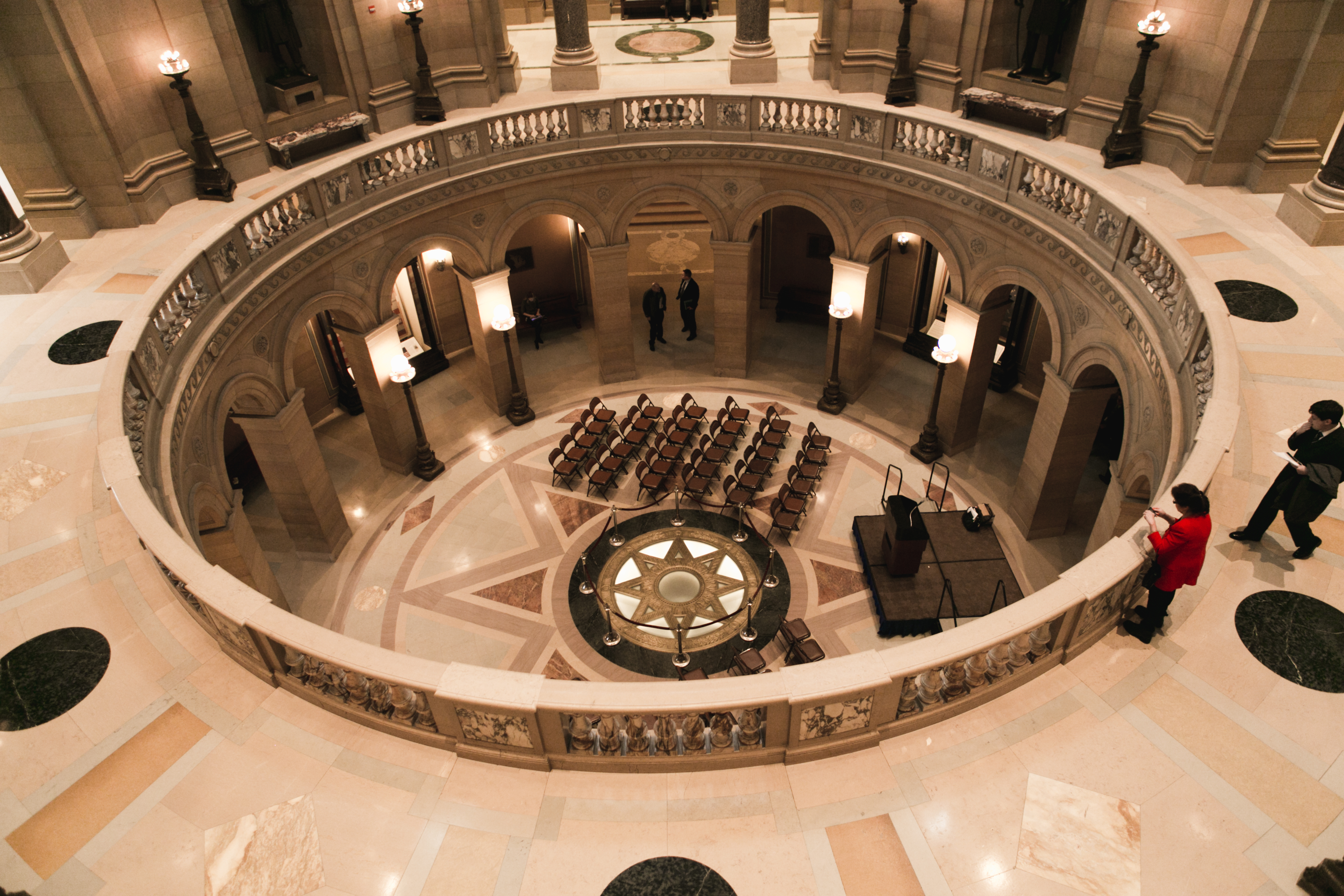One of the key issues to connect with Minnesota legislators on over break this week is tax credits to support private education. Tax bills containing proposals that would drive state funds to private schools are headed to conference committee in both the House and Senate.
Proponents argue these proposals aren’t vouchers in the traditional sense of the term. However, they have the same effect of driving scarce state funds that should be going to public education to private education.
The provisions in HF 4 would extend the K-12 education credit to non-public school tuition and establish non-refundable tax credits for contributions to foundations that award scholarships to students attending nonpublic K-12 schools. The expansion of the existing tax credit and creation of the new credit would reduce state revenue available for all students by more than $54 million in FY 2019.
The provisions in SF 2255 would establish non-refundable tax credits for contributions to foundations that award scholarships to students attending nonpublic K-12 schools. This new credit would reduce state revenue available for all students by $35 million annually beginning in FY 2019.
Why isn’t it a good investment?
Every dollar taken as a tax credit reduces resources available for public schools, which remain in need:
- State funding for the basic general education formula continues to lag behind inflation. The formula allowance would be $550 per pupil higher today if it had simply kept pace with inflation since 2003.
- Mandated special education expenditures exceeded the funding provided by the state and federal governments by $680 million in FY 2016 forcing school districts to redirect funds meant for regular classroom instruction to cover the shortfall.
Private schools are not accountable to taxpayers or the state.
- Private schools are not required to track student progress, follow state standards, hire licensed teachers or comply with the Teacher Development and Evaluation or the World’s Best Workforce laws.
- Private school leaders never face the voters.
Research shows that vouchers and tax credits programs have poor track records:
- According to studies of the Washington D.C., Milwaukee and Cleveland school voucher programs, students offered vouchers do not perform better in reading and math than students in public schools.
- In Louisiana, students at voucher schools have fared much worse than their counterparts who stayed in public schools. A February 2016 study showed that public elementary school students who started at the 50th percentile in math and then used a voucher to transfer to a private school dropped to the 26th percentile in a single year. Results were somewhat better in the second year, but were still well below the starting point.





